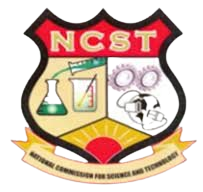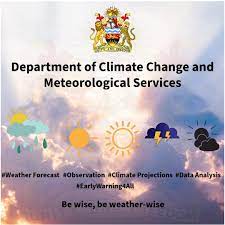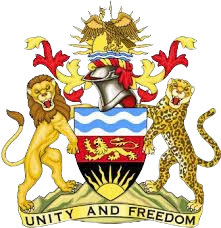About

Welcome to CRAFS
A University of Malawi research hub dedicated to resilient agri-food systems, grounded in science and technology, through collaborative applied research, and postgraduate teaching and learning.
The Center for Resilient Agri-Food Systems (CRAFS) brings together researchers and expertise from a variety of disciplines across the University of Malawi and a wide range of stakeholders, from industry, and private and public institutions, to drive research in important themes within agri-food systems. CRAFS is funded by the World Bank, through the Government of Malawi, under the Eastern and Southern Africa Higher Education Centres of Excellence Additional Financing (ACE II AF) project.
Our interdisciplinary research center aims to strengthen research capacity and capabilities in Malawi to carry out impactful research that leads to resilient agri-food systems grounded in science and technology
We promote, coordinate, and disseminate interdisciplinary research generated within the University and stimulate and support partnerships with external partners to find holistic solutions for a resilient agri-food system.

Sustainable food systems are at the centre of the Sustainable Development Goals (especially SDGs1, 2, 3, 4,13) which call for significant transformations in agri-food systems to end hunger, achieve food security and improve nutrition for all by 2030. Attaining food security is a national priority in Malawi (MW 2063; Pillars 1 and 2) and is a pillar of development in the African Union' Agenda 2063 strategic framework. The reasons for insufficient progress in attaining food and nutrition security and ending hunger are complex but include the role of
- Climate variability and associated floods and droughts in agri-food systems,
- Weak information systems;
- Lack of information on farm scale water availability,food production and soil nutrition;
- Lack of water resources management and development &
- Low community resilience and adaptation options to flood and drought hazards.
Our Vision
Provide answers and solutions to the challenge of ensuring that everyone in the world has access to enough safe and nutritious food in harmony with the environment.
Our center aims to provide a platform for:
Academic Capacity
Building institutional capacity to increase demand, expand enrollments and provide for quality post-graduate education in key themes within agri-food systems.
Research Capability
Building institutional capability to conduct high quality applied research, relevant to addressing key challenges to attaining resilient agri-food systems
Partnerships
Developing and enhancing partnerships with other academic institutions for academic excellence, and with industry and the private sector for greater impact
Our Work
We stimulate and support research & postgraduate teaching within the University and in partnership with external partners to find holistic solutions for a resilient agri-food system.
Collaborations
Developing and enhancing our research collaborations nationally and internationally to ensure academic excellence
Enrollments
Supporting enrolment of students in postgraduate programmes in key thematic areas within agri-food systems through provision of scholarships
Exchanges
Support faculty and student exchanges with academic and industrial partners
Incubation
Support a research incubator for early careers to inspire creativity and innovation
Short Courses
Support development and delivery of short courses to address gaps in specific skills
Networking
Sustaining and strengthening our network of stakeholders across industry, policy, community, and civil society, to ensure impactful research
Academic Excellence
Promoting excellence in teaching and learning at postgraduate level in key thematic areas within agri-food systems by supporting revision of existing programmes, development of new programmes, accreditation and improvement of teaching and research facilities.
Faculty Members
Publications
Areas of Research
Scholarships
- Contact Us :
- University of Malawi,
- Chirunga Road,
- P.O Box 280,
- Zomba, Malawi.
- crafs@unima.ac.mw | info.crafs@unima.ac.mw
- crafs@unima.ac.mw
- info.crafs@unima.ac.mw







